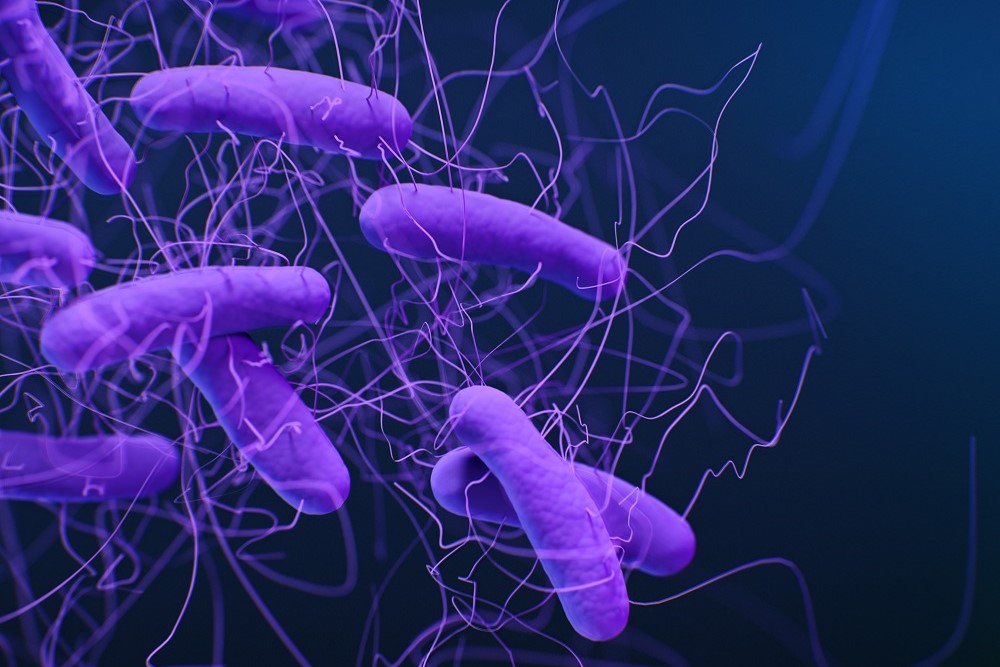
The science of treating intestinal infections with a microbiome drug is progressing with at least four biotech companies developing such therapies, three of them in late-stage clinical trials. Vendanta Biosciences lags the group, but the biotech now has data from a mid-stage study that pave the way for its own Phase 3 test planned for next year.
Vedanta’s microbiome therapy, VE303, is an experimental treatment for recurrent Clostridioides difficile infection. C. diff is a bacterium that can cause diarrhea and inflammation of the colon. In severe cases, the infection becomes fatal. Cambridge, Massachusetts-based Vedanta aims to address the bacterial infection with a capsule that’s filled with live bacterial strains intended to restore the gut’s resistance to pathogens.
The placebo-controlled, Phase 2 study enrolled 79 patients who had previously completed a course of antibiotic treatment for recurrent C. diff infection or for a primary C. diff infection that put them at a high risk of recurrence. Patients were randomly assigned to receive one of two doses of the Vedanta therapy, or a placebo. The main goal of the study was to select the best dose to advance to Phase 3.
According to preliminary results of the 24-week study reported Tuesday, those treated with the high dose of VE303 achieved a response representing a greater than 80% reduction in the odds of infection recurrence. The high dose will be the one moving on to Phase 3. Vedanta reported that its therapy was well tolerated by patients in the Phase 2 test. While most of them reported one or more adverse events, those problems were in similar proportions across all groups. Vedanta said few serious adverse events were reported and none of them were deemed to be related to the experimental treatment.
The Phase 3 clinical trial will be funded in part by the Biomedical Advanced Research and Development Authority (BARDA). Last year, the agency awarded Vedanta a $76.9 million contract to support clinical development of the microbiome therapy. Under that contract, the positive Phase 2 results trigger a $23.8 million payment. Vedanta last raised money in July, a $68 million Series D round of financing.
The company furthest along in development with a microbiome therapy for C. diff infection is Seres Therapeutics. That biotech, also based in Cambridge, reported positive Phase 3 data last year. Seres is conducting the follow-up safety studies needed to support a regulatory submission, which it expects to file with the FDA in mid-2022. Finch Therapeutics of Somerville, Massachusetts, raised more than $127 million from its IPO in March to support Phase 3 testing of its C. diff treatment. Ferring Pharmaceuticals subsidiary Rebiotix presented positive Phase 3 data for its C. diff microbiome therapy during the Digestive Disease Week conference in May.
Public domain image of C. diff bacteria by the CDC















